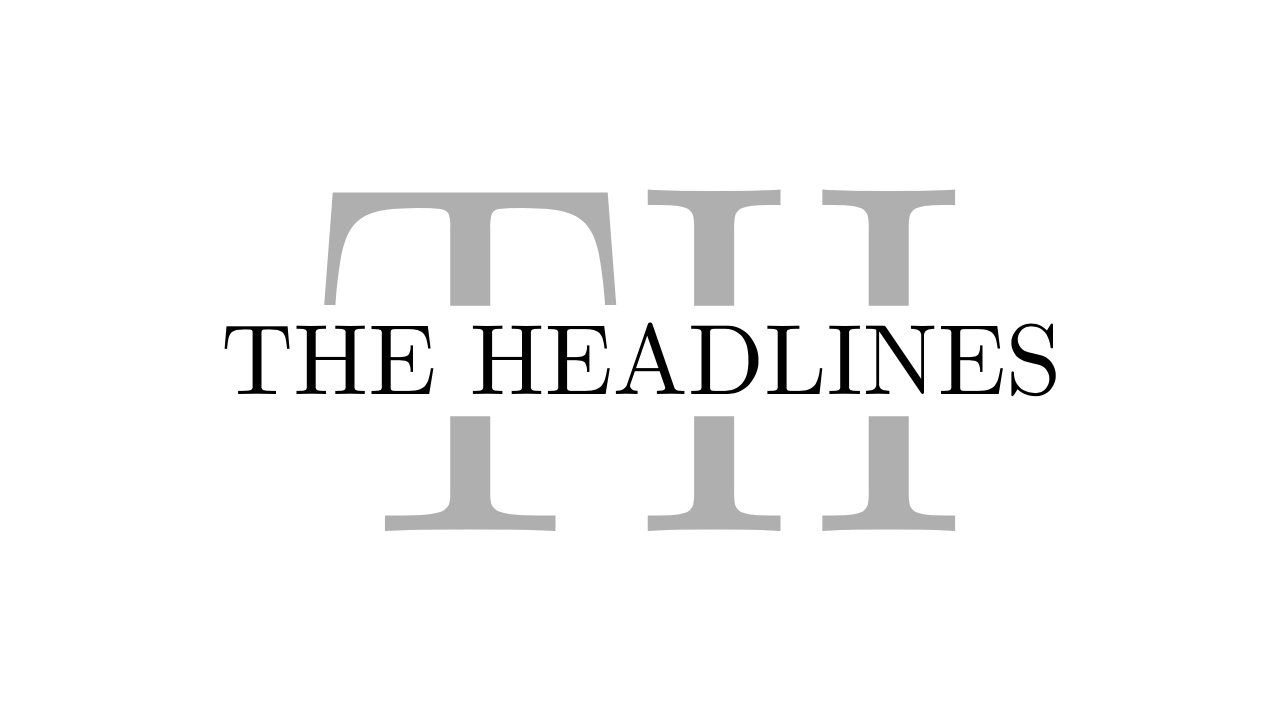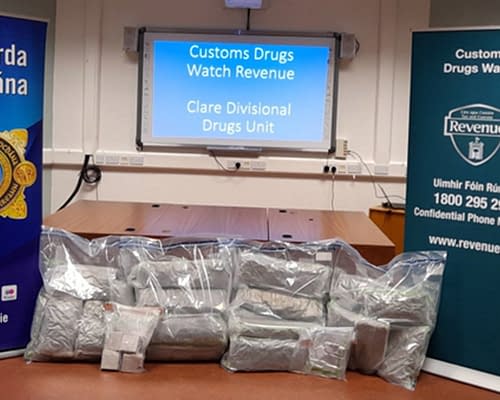Documents needed for the Mortgage application in Ireland

By The Headlines, October 10, 2023 | 07:32 PM
Documents needed for the Mortgage application in Ireland
Getting your foot on the property ladder is not an easy task, but if you are prepared with all the necessary paperwork for your mortgage application, the process can be made easier.
Apply to lenders for approval in principle so that you may get an idea of how much you can borrow before you start looking for your dream property.
To help you be as organised as possible, we've outlined what you should have available to provide to a potential lender or broker.
An Initial Deposit
You must be familiar with the mortgage lending policies of the Central Bank before submitting a mortgage application.
To qualify for a mortgage, first-time buyers must put down 10%, while second and subsequent-time buyers must put down 20%. For potential lenders or a broker to assess your application after you have collected your deposit, you'll need to acquire a variety of documentation.
The necessary documents
Whether you are: will determine which documents you must submit.
- Self-employed
- A first-time buyer
- Constructing a custom home
- Change of mortgage
However, in most cases, you must offer the following:
1. Identification Documentation
You will need a photo ID. You may use a current passport or an Irish driver's license.
2. Personal Public Service Number (PPSN) must be verified.
This can typically be obtained on a paystub, a tax assessment record, or a letter from the Revenue Commissioners or the Department of Employment Affairs and Social Protection.
The Central Credit Register of the Central Bank of Ireland mandates that lenders obtain a customer's PPSN to identify them.
3. Address proof
A recent power bill or bank statement will work well for this.
4. Income Proof
The lender will need to make sure that you can afford your mortgage payments each month, therefore they will need to verify your income.
To accomplish this, they will need:
- The most recent statement of earnings you have received from Revenue. This is now referred to as your Employment Detail Summary and was formerly known as your p60.
- 3 months' worth or more of pay slips.
- The three most recent statements of earnings for the last three years may be requested if you are on a contract if your income is performance-related, or if it consists of any non-basic income (such as shift work, overtime, etc.). This is to verify your history of financial success.
- The lender will need to confirm that your taxes are in order if you have any non-PAYE income. You must submit one of the following:
- Revenue Charges and Payments statement attesting to the payment of your taxes. The Revenue Online Services (ROS) website has information about this or a letter from your accountant stating that all of your tax issues are in order.
5. Employment Proof
Along with your basic income, your company must give you an income Certificate that is stamped, signed, and verifies that you are a permanent employee.
Lenders will need a letter from your employer confirming your return date if you are currently on leave from work. Before taking your leave, your employment must still be on the same terms and circumstances.
Lenders may ask your employer to confirm your projected retirement date if you wish to borrow after a specific age, such as 68.
6. Bank statements
To assess your financial habits, lenders demand six months' worth of consecutive bank statements. This thorough audit is done to make sure you're correctly handling your daily spending.
Your bank statements will demonstrate to the lender that you are a responsible borrower who can make all required payments on time and have the ability to save money.
There are a few things to remember:
- Pay using your bank account: Whenever possible, try to pay your rent and save money electronically rather than in cash so that your good money management is documented.
- Label repayments: We advise making sure that your savings and rental payments are both identified on your bank statements. If at all feasible, label these appropriately. Direct debit or a standing order can be set up to accomplish this.
- Stop gambling: Lenders won't view your application favorably if they discover a history of gambling, frequent use of overdraft facilities, referral fees, or unpaid item fees.
7. Loan and credit card statements
Lenders will review your credit card and loan statements to make sure you have made all of your payments on schedule and in full.
Your subsequent statement will include a late payment fee if you pay your credit card bill after the due date. These late fees may raise a red signal since they represent insufficient finances or bad money management.
Additionally, if you skip a payment and don't make an effort to make up the difference before receiving your subsequent statement, the credit card company may record the missing payment to credit bureaus. This negative item will be present on your credit history for at least five years.









